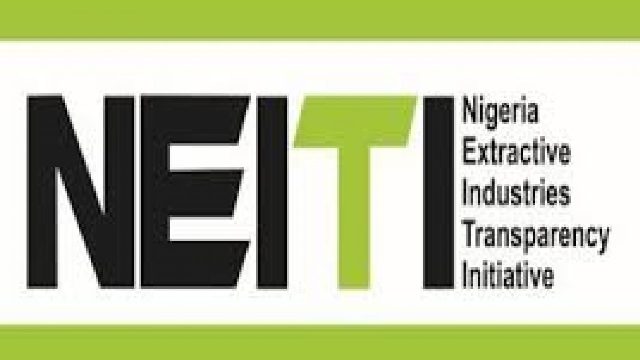Nigeria’s oil, gas and mining sectors lack transparency and accountability, the Nigeria Extractive Industries Transparency Initiative stated on Monday.
NEITI said the country’s extractive industry, comprising the oil, gas and mining sectors, was also characterised by poor governance, saying that this was currently a national concern.
The agency’s Executive Secretary, Ogbonnaya Orji, who disclosed this at the induction training for new employees of NEITI in Abuja, however, stated that the global EITI had developed principles to help address the identified concerns.
In his address to the inductees, Orji said, “I state that you are joining our organisation at a time the issues of poor governance, lack of transparency and accountability in the extractive industry are of national and global concerns especially in Nigeria.
“The global EITI, which Nigeria is a member, has a philosophy and principles that can be promptly addressed.
“This induction programme is one of the crucial steps that we have taken to prepare you for the task ahead and integrate you into NEITI’s culture and principles of transparency, integrity and accountability.”
Orji clarified that the insinuations in a section of the media that NEITI hired staff without due process was certainly false, uninformed, misleading and lacking in fair hearing.
“We are disappointed that the authors of that story never bothered to either check with NEITI to get our own comments for fairness and balance which is a basic ethical compelling requirement in a noble journalism profession that I am a proud member of,” he stated.
He added, “However, let me reassure all Nigerians, the EITI and our global partners that NEITI is certainly aware and quite sensitive to our public ethics and commitments to EITI principles and will do everything to preserve the NEITI/EITI brand as an island of integrity and excellence.”
Speaking on the recruitment exercise, the NEITI boss said the agency reviewed over 2,000 resumes.
“From this huge number of applications, 166 candidates were shortlisted and invited for interviews. Out of these numbers, 145 attended, 18 were absent and three were disqualified for integrity issues which included failure to show proof of NYSC and differences in age declarations,” he stated.
Orji said these were followed by candidates’ assessment on their areas of qualification, among others.
“From the assessment, 23 candidates scored 75 per cent and above and made the national merit list, while 36 others that scored between 70-74 per cent fell within the general merit,” he stated.
He added that “82 candidates met the minimum score of 65 per cent, while four candidates who made the minimum score of 65 per cent were considered strictly to address equity in federal character representation.”
PUNCH














